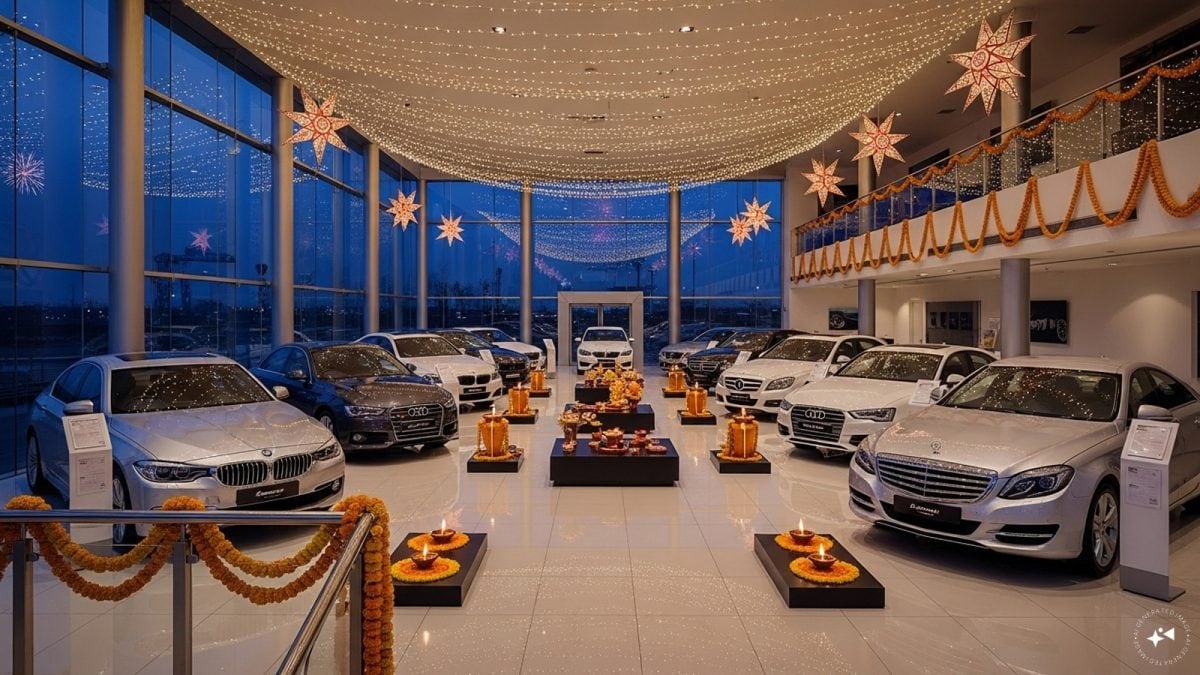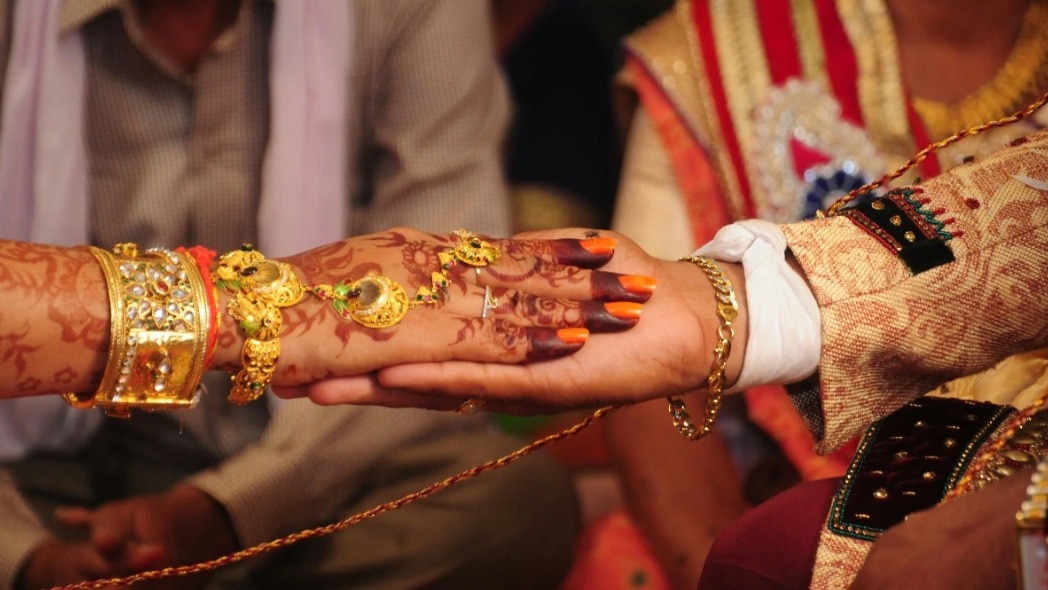ARTICLE AD BOX
Australia’s first cabinet minister for Multicultural Affairs Anne Aly was in New Delhi this weekend to assuage concerns over the recent anti-India protests back home. She met Minority Affairs Minister Kiren Rijiju and also multifaith leaders to pay respect to where Indian community members in Australia come from.
In an interview to The Indian Express, Aly — who was born in Egypt and moved to Sydney as a two-year-old — talks about growing up as a Muslim in Australia, what the newly formed Multicultural department entrusted by Anthony Albanese government intends to do, her thoughts on the Indian community there, and living in a time when pluralism is under pressure. Aly, who has also been a university professor and counter-terrorism expert, is the first Muslim woman to be elected to the Australian Parliament, and the country’s first Muslim cabinet minister. Edited excerpts:
Who all did you meet in India, in the government and otherwise, and what kind of conversations did you have?
I have made this trip to India to convey a clear message from my Prime Minister Anthony Albanese that we value Indian-Australians as part of our wide multicultural society, and that we have great optimism for what India and Australia can achieve together. I met with the Union Minister for Parliamentary Affairs and Minority Affairs, Kiren Rijiju, where I relayed the deep value Australia places on our Indian-origin community and their contribution to our national life.
I also met multi-faith leaders at Birla Temple and Bangla Sahib Gurdwara in Delhi, with the last stop of my visit to New Delhi being Jama Masjid. In Australia, we proudly have people representing all of these faiths as part of our community.
What’s been your experience as a Minister for the newly created Multicultural Affairs Ministry?
I am Australia’s first standalone Cabinet Minister for Multicultural Affairs. As a migrant myself, it is a portfolio I have a strong personal connection with. My own experience is one of many migrant stories that contribute to the rich fabric of multiculturalism in Australia. My experience as a minister has reinforced for me how Australia’s diversity is our strength. Multiculturalism is more than a policy — it is an integral and valued part of Australia’s national identity. The Australian government actively supports and uplifts multicultural communities, to ensure all Australians can participate fully in civic, economic, and cultural life. Earlier this year, I opened Australia’s first national office for multicultural affairs, to not only celebrate the richness of our diversity but also to acknowledge multiculturalism as a fundamental aspect of our identity.
What is your view on the integration and contribution of the Indian community in Australia, considering they faced a lot of hate recently?
Our people-to-people links are the foundation of the Australia-India relationship. Today, Indians make up the fastest-growing and second-largest group of migrants to Australia. There are now more than a million people of Indian heritage who call Australia home. Indian-Australians make many positive contributions to Australian society. Their active participation in volunteering, especially in areas like education, health and community welfare, reflects our shared values of compassion and responsibility.
The Centre for Australia-India Relations in Sydney, strengthens the “living bridge” connecting Australia and India. The Centre invests in ideas and talent through cultural fellowships, think tank collaboration, scholarships and grants to stimulate business along with community and cultural connections.
Story continues below this ad
But how did the Australian government step in to help the Indian community after protests? Have immigrants from other countries faced this kind of sentiment too?
Every Australian — regardless of their background; their faith, their heritage — has the right to feel safe, respected, and welcome. Cultural diversity is not just part of our national identity; it’s one of our greatest attributes. Australian government leaders — including the Prime Minister, the Foreign Minister, and me — publicly condemned the protests and the divisive rhetoric. As PM Albanese said to Indian Australians: “You’re welcome here. You make our country stronger by being here.”
The majority of Australians support multiculturalism and believe it makes our country better. While we live in a time when pluralism is under pressure, the Australian government is actively addressing the risks posed by divisive narratives, online harms, and foreign interference.
Your experience of growing up as a Muslim in Australia? Was your identity something you wore on the sleeve?
Multiculturalism is intrinsic to Australia’s national identity. It isn’t just a policy — it is who we are. Over half of Australians were either born overseas themselves or have a parent who was born overseas. I’m one of them. I came to Australia from Egypt as a toddler and grew up in Sydney’s western suburbs, surrounded by neighbours from all corners of the world. We played street cricket with garbage-bin wickets — and as day turned to night every child’s name called out to come to dinner came with a different accent. That was Australia to me.
As a child, I didn’t think much about differences. But as I grew older, I became more aware of my identity — especially when my parents called me by my Arabic name, Azza, in public. I wondered if I belonged, questioned whether someone like me could succeed. But fast forward many years, today I’m a Cabinet Minister. I’m proud to say I was the first Muslim woman elected to federal parliament, first to become a Minister and first to serve as a Cabinet Minister. I wear my identity with pride — it’s part of Australia’s story. Many Australians of Indian ancestry will have similar stories.









 English (US) ·
English (US) ·